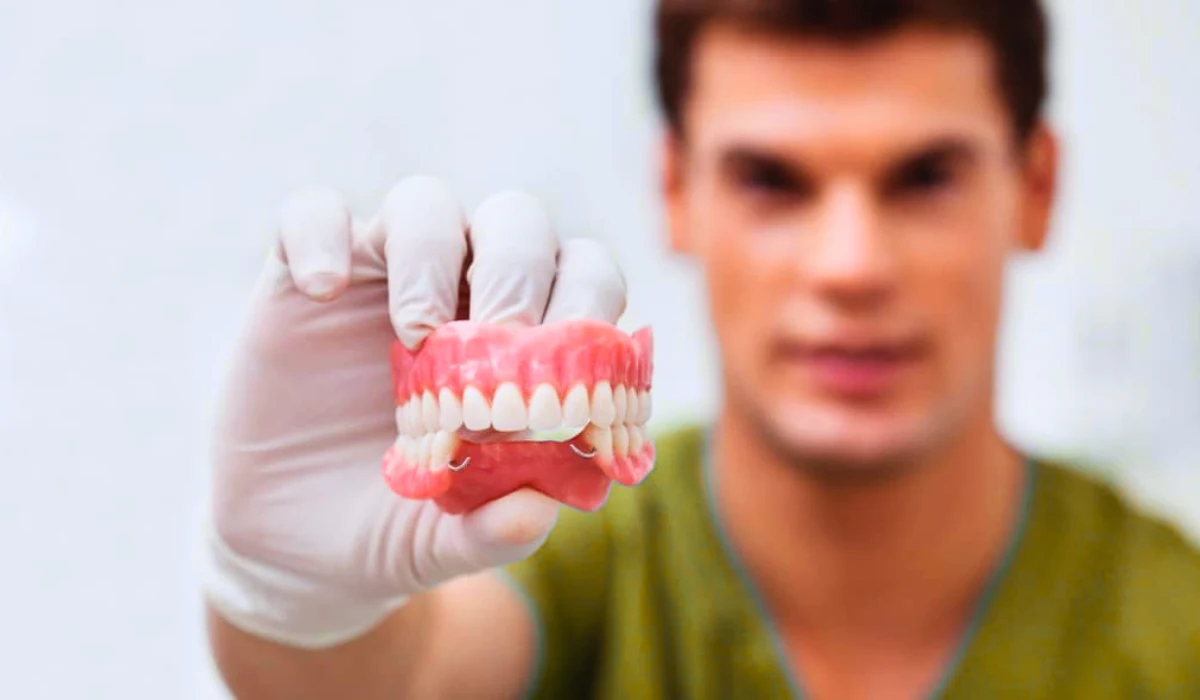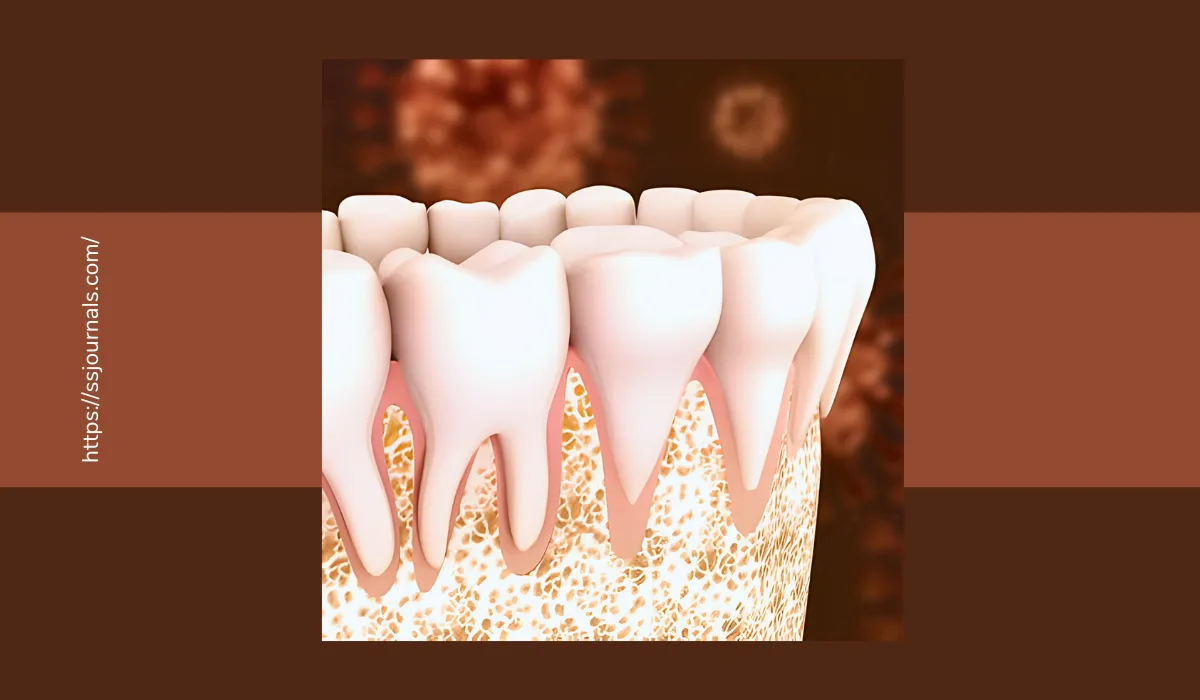Teeth aren’t bones; they’re unique structures with enamel, dentin, and pulp. Unlike bones, teeth don’t grow or heal naturally. Oral health is vital for overall well-being.
Have you ever wondered if teeth are bones? and the relationship between teeth and bones. It’s a common question that many people ask, and the answer might surprise you. While teeth and bones share some similarities, they are actually quite different. Teeth are not considered to be bones, despite their hard and durable nature.
In this article, we’ll explore the differences between teeth and bones, including their composition, structure, and function. We’ll also discuss the importance of maintaining good oral health and how it relates to overall well-being. By the end of this article, you’ll have a better understanding of why our teeth are bones and what makes them unique.
What Are Teeth Made Of?

Teeth are composed of four main tissues: enamel, dentin, cementum, and pulp.
- Enamel is the hardest and most mineralized tissue in the human body, consisting primarily of hydroxyapatite crystals. This tough outer layer protects the tooth from decay and wear.
- Dentin, located beneath the enamel, is a slightly softer tissue that makes up the bulk of the tooth. It is composed of collagen fibers and apatite crystals.
- Cementum is a thin, calcified tissue that covers the root of the tooth and helps anchor it to the alveolar bone.
- The pulp, found at the center of the tooth, contains blood vessels, nerves, and connective tissue.
While teeth are bones in the sense that they are hard and composed of mineralized tissue, their unique composition sets them apart from true bones.
The Structure of Bones
Bones, on the other hand, are living tissues that make up the skeleton. They are composed of a matrix of collagen fibers and calcium phosphate crystals. This will give them their strength and rigidity.
Bones have a complex structure that includes an outer layer called the periosteum. It also has a dense outer shell known as cortical bone, and a spongy inner layer called trabecular bone.
Within the trabecular bone, there are spaces filled with bone marrow, which produces blood cells. Bones also contain blood vessels, nerves, and other specialized cells that help maintain their health and function. Unlike teeth, bones have the ability to heal and remodel themselves in response to stress and injury.
Functions of Teeth and Bones
Teeth and bones serve different purposes in the body. The primary function of teeth is to mechanically break down food for digestion. They also play a role in speech and maintaining the shape of the face. Are teeth bones in the sense that they provide structure and support, but their specific functions are quite different from those of bones.
Bones, in contrast, have several important functions. They provide a framework for the body, protect vital organs, and allow for movement by providing attachment points for muscles.
Bones also store essential minerals, such as calcium and phosphorus, and release them into the bloodstream when needed. Additionally, bones produce blood cells in the bone marrow, which is crucial for maintaining a healthy immune system.
Differences in Development and Growth
Another key difference between teeth and bones lies in their development and growth. Teeth develop from specialized cells called odontoblasts. They secrete the various tissues that make up the tooth. Once fully formed, teeth do not continue to grow or change in size.
Bones, however, develop from cells called osteoblasts and continue to grow throughout life. This process, known as bone remodeling, involves the constant breakdown and rebuilding of bone tissue in response to stress, hormonal changes, and other factors. This allows bones to adapt to changing demands and maintain their strength and integrity over time.
Regeneration and Repair
Teeth and bones also differ in their ability to regenerate and repair themselves. When a tooth is damaged or decayed, the body cannot repair it in the same way it can repair bone. Instead, dental professionals must intervene to restore the tooth’s structure and function through fillings, crowns, or other treatments.
Bones, on the other hand, have a remarkable ability to heal and regenerate. When a bone is fractured, the body initiates a complex process of repair. This involves the formation of a callus, the deposition of new bone tissue, and the remodeling of the affected area.
This process allows bones to heal and regain their strength, even after significant trauma.
The Importance of Oral Health
While teeth are not bones, maintaining good oral health is essential for overall well-being. Poor oral hygiene can lead to tooth decay, gum disease, and other dental problems that can have far-reaching effects on health. Studies have linked poor oral health to an increased risk of heart disease, diabetes, and other chronic conditions.
To maintain healthy teeth and gums, it’s important to brush twice a day with fluoride toothpaste, floss daily, and visit the dentist regularly for check-ups and cleanings. Eating a balanced diet low in sugar and high in calcium and vitamin D can also help support strong teeth and alveolar bones.
The Connection Between Oral and Overall Health
The health of our teeth and gums is closely connected to our overall health and well-being. Research has shown that the bacteria and inflammation associated with gum disease can contribute to a range of systemic health problems. It can even lead to the formation of cardiovascular disease, respiratory infections, and even certain cancers.
Conversely, certain medical conditions and medications can also affect oral health. For example, diabetes can increase the risk of gum disease. Certain medications can cause dry mouth, which can lead to tooth decay. Understanding these connections is important for maintaining both oral and overall health.
Conclusion
In conclusion, while teeth bones share some similarities, they are fundamentally different in their composition, structure, and function. To the question, are teeth bones, the answer is teeth are not bones.
They are rather specialized structures designed for biting and chewing food. Bones, on the other hand, provide a framework for the body and protect vital organs. It even has a remarkable ability to heal and regenerate.
Despite these differences, maintaining good oral health is essential for overall well-being. So, understand the unique characteristics of teeth and bones. Take steps to care for them properly so that we can help ensure a lifetime of healthy smiles and strong bodies.
So, the next time someone asks you, “Are teeth bones?” you’ll be able to explain the fascinating differences between these two important components of our anatomy. And who knows, you might even inspire them to take better care of their own teeth and alveolar bone!

